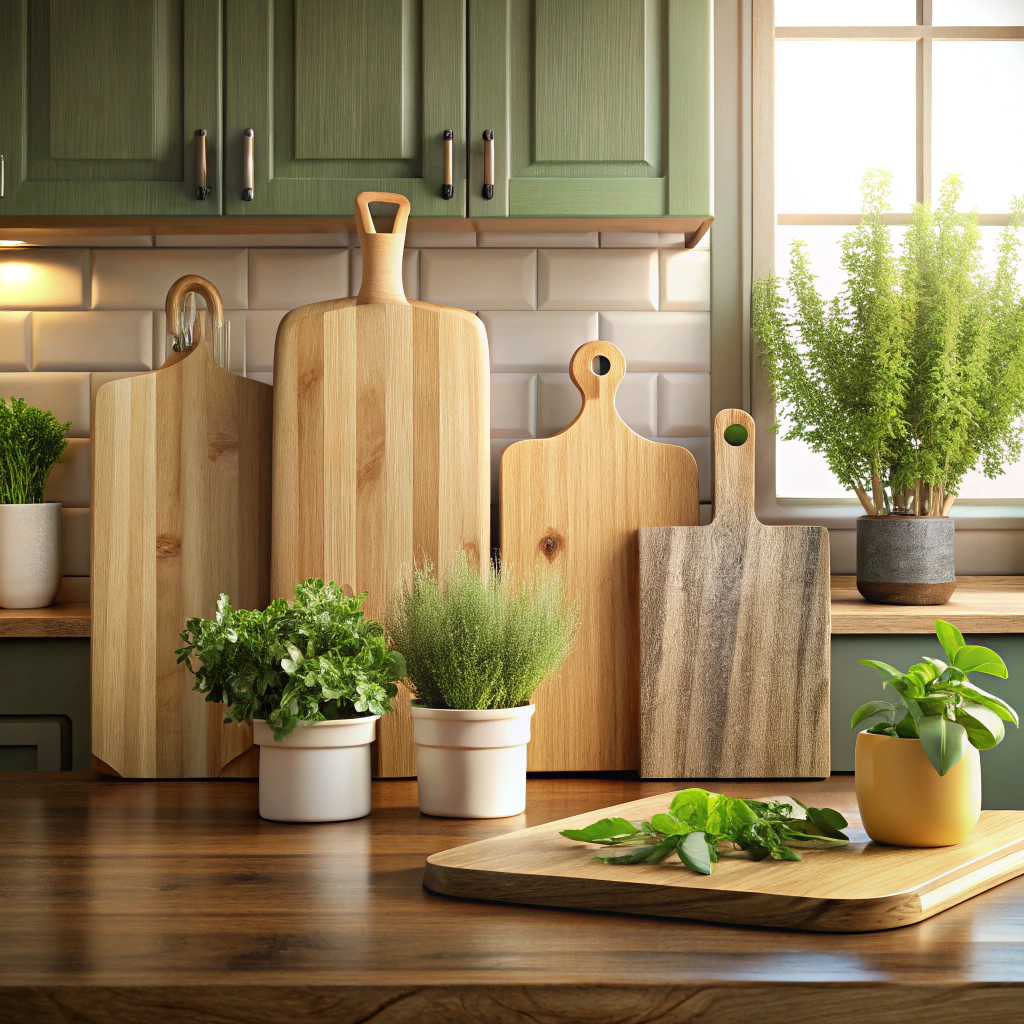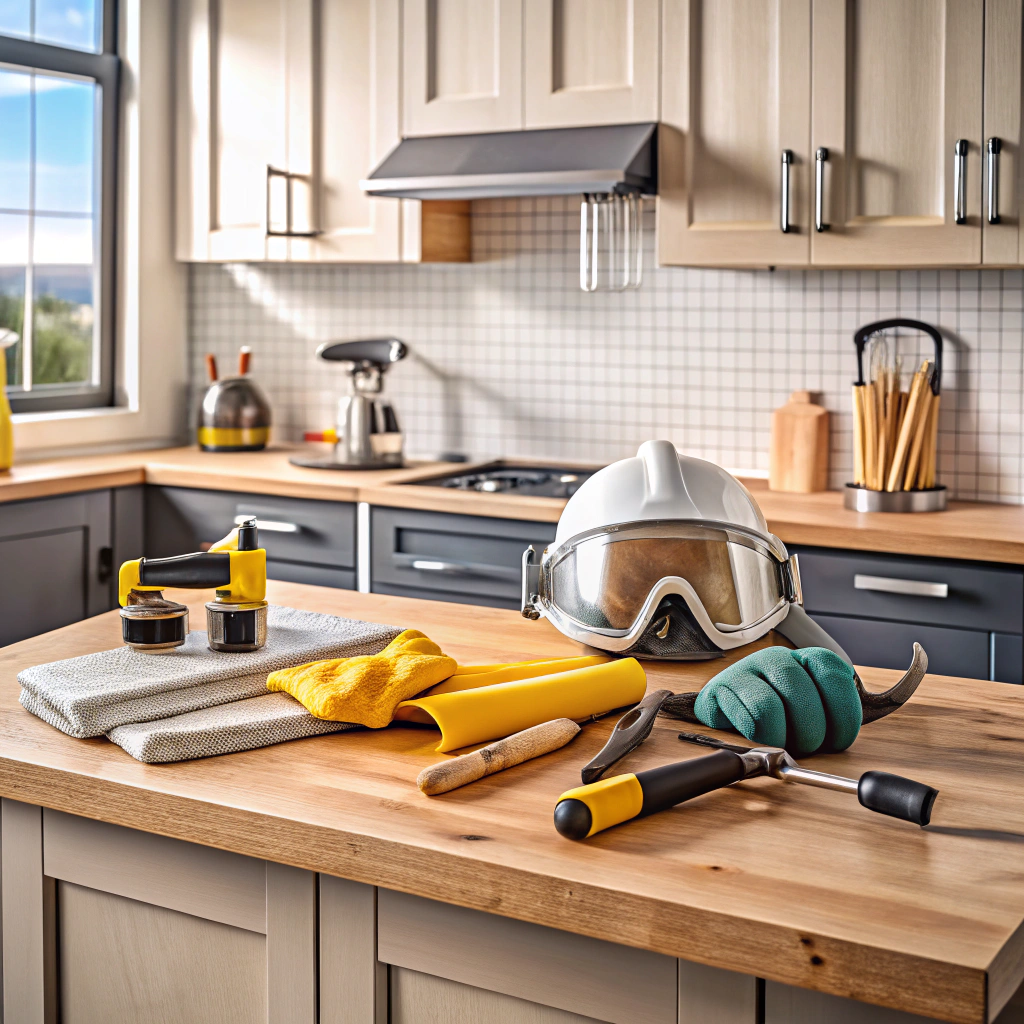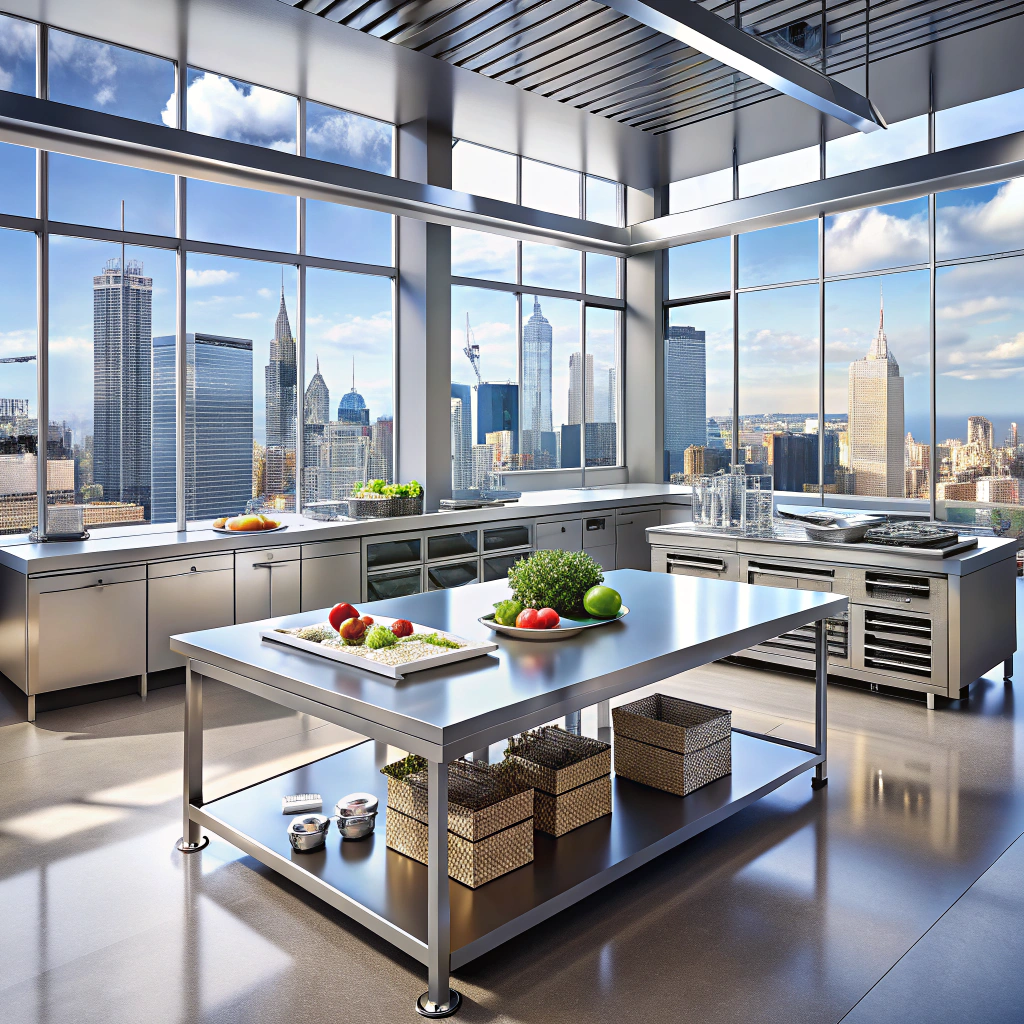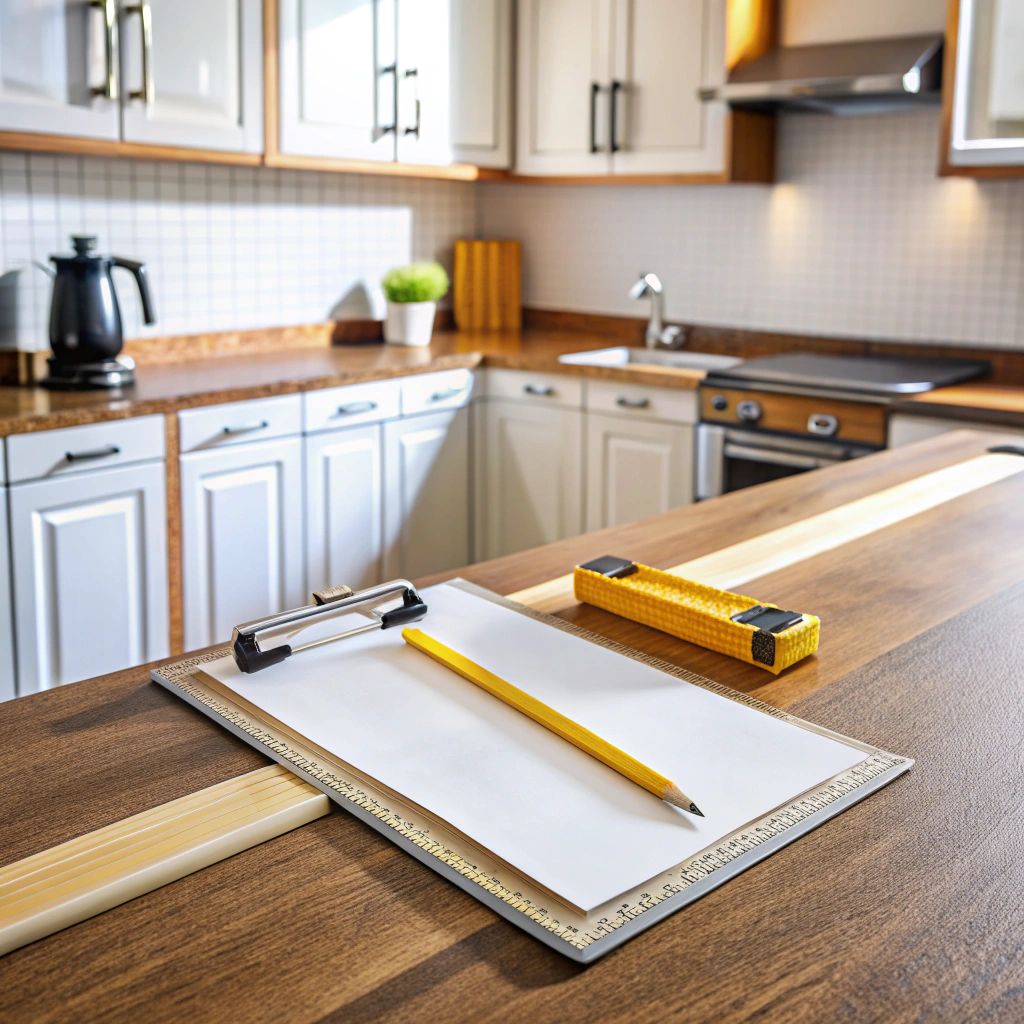Last updated on
Discover the factors that influence the average cost of a kitchen remodel and learn how to budget for your renovation project.
Key takeaways:
- Understand the spectrum: Kitchen remodel costs vary greatly.
- Align expectations to reality: Average cost ranges from ,000 to 0,000+.
- Factor in the unexpected: Have a contingency fund for unforeseen issues.
- Size matters: Larger kitchens require more materials and labor.
- Material choices drive the budget: Decide where to splurge and save.
What's Inside
Key Takeaways
Embarking on a kitchen remodel adventure can be thrilling, yet it’s accompanied by a set of vital considerations to ensure smooth sailing.
Understand the spectrum: Kitchen revamps vary drastically, from minor cosmetic facelifts to full-blown structural overhauls, setting the stage for a wide range of costs.
Align expectations to reality: Grasp the average cost—a 2023 guide suggests a ballpark figure of $25,000 to $50,000 for moderate renovations, while lavish transformations can rocket well beyond $100,000.
Factor in the unexpected: A well-planned budget is wise, but so is a contingency fund; unforeseen issues like electrical surprises or plumbing puzzles can emerge once walls start coming down.
Size matters: Square footage plays a leading role, as larger kitchens require more materials, labor, and time, inflating the bottom line.
Material choices drive the budget: From luxury stone countertops to budget-friendly laminate options, material selections can swing costs dramatically, so decide where to splurge and where to save.
Professional costs pile up: Don’t forget to account for the designers, contractors, and specialists whose expertise ensures a stunning and safe result, but also contributes significantly to the overall expense.
Long-term value consideration: Quality upgrades can yield a substantial return on investment, enhancing both the joy of your home and its market appeal.
These key points serve as the financial compass for navigating your kitchen transformation journey with eyes wide open to the potential costs and economic implications.
How Much Is a Kitchen Remodel?

Embarking on a kitchen remodel is no small undertaking, and understanding the financial aspect is crucial. A minor kitchen remodel typically can range anywhere from $10,000 to $15,000, aimed at refreshing rather than overhauling.
On the other hand, a major remodel, which includes new appliances, custom cabinetry, and other significant changes, can run from $30,000 to $50,000 or more.
Keep in mind these are average costs, and the total can vary greatly based on the size of the kitchen, materials selected, and regional labor rates.
Luxury renovations can even exceed $100,000 when high-end appliances, premium materials, and customized designs are on the checklist.
Opting for midrange materials and focusing on cosmetic updates can help keep costs in check while still achieving a fresh, new look.
What Costs the Most in a Kitchen Remodel?
When diving into the depths of kitchen remodeling, certain components stand out for their hefty price tags. Cabinets, for example, are the showstoppers that can eat up nearly 30% of your total budget. They’re the backbone of kitchen design, both in function and aesthetics, so investing in quality pays off but also costs more upfront.
Next, countertops claim the spotlight, often with prices that reflect the material’s durability and style. Think granite, quartz, or marble, which are as stunning as they are enduring but come with a significant cost.
Appliances are another major expenditure, especially if you’re eyeing those with smart features or stainless steel finishes that complement a modern kitchen’s sleek look. It’s essential to balance the desire for high-end gadgets with practical considerations of what you truly need.
Labour, while not as glamorous as the visible components, can’t be overlooked — it’s the invisible glue that holds your remodel together. Skilled professionals like electricians, plumbers, and carpenters command a premium for their expertise, with labor costs potentially contributing to one-third of your overall expenditure.
Subtle yet influential, flooring and lighting fixtures also contribute substantially to your bill. Durable, quality flooring offers longevity, while the right lighting can transform the ambiance of your space.
While these elements tend to demand the most financial resources, creative planning and prioritizing can ensure a balance between your dream kitchen and your budget.
How to Save Money Redoing a Kitchen
Streamlining your kitchen remodel isn’t just about cutting corners—it’s about savvy decision-making that aligns with your budget without undermining quality. Consider these cost-saving strategies:
- Keep the layout: Major changes to the layout mean moving plumbing and electrical systems, which can ramp up costs significantly. Sticking to the original configuration can lead to substantial savings.
- Opt for a partial renovation: Instead of a full makeover, focus on high-impact areas like cabinet refacing or updating the backsplash for a fresh look without the full price tag.
- Do it yourself (DIY): For the more hands-on individuals, taking on certain tasks like painting or simple installations can reduce labor costs. Just be sure not to bite off more than you can chew—leave complicated tasks to the pros.
- Refurbish rather than replace: Before tossing out the old, think about how existing elements can be given new life. Sanding and staining can breathe new life into tired wooden floors, and a little elbow grease can make dated hardware shine.
- Shop smart: Hunt for deals on appliances, fixtures, and materials. Look out for sales, consider gently-used items, and explore options at outlets or overstock warehouses.
- Prioritize: Allocate more of your budget to features that deliver a high return on investment, such as energy-efficient appliances, which can save money over time.
By approaching your kitchen remodel with these strategies, you’ll not only keep your wallet in check but also end up with a refreshed space that feels new without bearing the brunt of an all-out renovation.
Does a Kitchen Remodel Add Home Value?
Absolutely, remodeling your kitchen can significantly boost your home’s value. Think of it this way: the kitchen often serves as the heartbeat of a home, a central hub for gatherings and daily activities. Consequently, potential buyers typically hone in on this space during a viewing. A modern, updated kitchen can be a major selling point.
Experts often cite that a kitchen remodel can return anywhere from 53% to 72% of the investment when you sell the home. These numbers aren’t arbitrary; they reflect the appeal of modern amenities and aesthetics to buyers. Upgraded countertops, efficient appliances, and functional layouts are more than just eye candy—they signal a home that’s well-cared for.
Homeowners looking to maximize the value-add of a kitchen remodel should focus on universal design. Features that enhance the kitchen’s convenience and usability—for anyone, regardless of age or mobility—can make the space more appealing to a broader audience. After all, a kitchen that anticipates future needs is a kitchen that stands out in the property market.
However, it’s crucial to balance your personal taste with mainstream appeal. An extravagant renovation that leans too heavily on personal preference might not resonate with the masses, possibly limiting the return on investment. Stick to timeless designs and neutral palettes for broad appeal. The goal is to create a welcoming, contemporary space that potential buyers can envision themselves enjoying for years to come.




